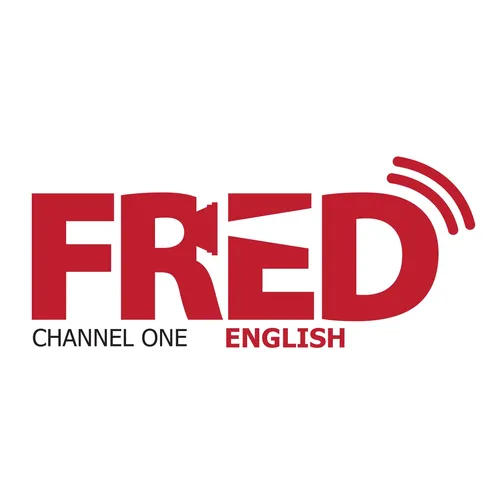“Gorgonà”, interview with director Evi Kalogiropoulou and actresses Melissanthi Mahut and Aurora Marion
- Author
- Interview Archives - Fred Film Radio
- Published
- Wed 03 Sep 2025
- Episode Link
- https://www.fred.fm/gorgona-interview-with-director-evi_kalogiropoulou-and-actresses-melissanthi-and-mahut-and-aurora-marion/
Venice Critics Week hosts innovative voices in cinema, and director Evi Kalogiropoulou‘s film “Gorgonà“ stands out as a compelling example of sci-fi dystopia that explores female empowerment. At the Venice Film Festival, directors and actresses discussed the creative choices behind her powerful narrative, highlighting how the film’s focus on psychological tension and mythological themes offers a fresh perspective in contemporary cinema.
Understanding the Mythology of Gorgonà
“Gorgonà” reimagines the myth of Medusa within a dystopian future, placing the monster not merely as a villain but as a symbol of female strength. The director explained that portraying Medusa was an empowering experience, emphasizing the creature’s dominance over space and her role as a protagonist. “The concept was straightforward: Medusa is an assertive force. It was easy to see her as the central figure because she controls the environment around her.” This inversion of traditional mythological roles contributes to the film’s message about female power.
Psychological Tensions and Character Dynamics
A central element of “Gorgonà” is the tense relationship between two young women, whose interactions reflect deeper themes of autonomy and resistance. Director and actresses shared that her approach focused on authenticity and emotional depth, allowing the actresses to embody complex psychological states. “I just came back from a period of reflection; I was drawn to her energy,” she said. This nuanced acting creates a gripping narrative of tension that is both personal and symbolic, reinforcing the film’s dystopian critique.
Building a Queer and Dystopian World
Director’s inspiration to craft a queer universe stems from her desire to challenge traditional narratives and highlight marginalized voices. She mentioned that her references included various science fiction and dystopian works that push boundaries and question societal norms. “Creating a world where different identities coexist is very important to me,” she expressed. The dystopian setting serves as a backdrop for examining societal control, gender roles, and the resilience of female characters.
Why Choose a Dystopian Science Fiction Setting?
The decision to set “Gorgonà” within a dystopian universe was strategic, aiming to amplify its themes of empowerment and psychological struggle. The director explained that dystopia offers a space where societal constraints are intensified, making it easier to explore issues of power, identity, and rebellion. “Science fiction allows us to imagine new realities where women can be protagonists and forceful figures without conforming to stereotypes,” she noted. This genre choice enhances the film’s relevance and its capacity to provoke thought about gender and authority.
A Fusion of Myth, Power, and Future Visions
“Gorgonà” stands as a vivid example of how mythological narratives can be reinvented within contemporary genre contexts. Director’s vision combines powerful symbolism with innovative storytelling, encouraging viewers to rethink preconceived notions about monsters, women, and authority. Her work demonstrates that science fiction and dystopia can serve as potent tools to illustrate the resilience and complexity of female characters fighting for agency in oppressive worlds.
The post “Gorgonà”, interview with director Evi Kalogiropoulou and actresses Melissanthi Mahut and Aurora Marion appeared first on Fred Film Radio.
